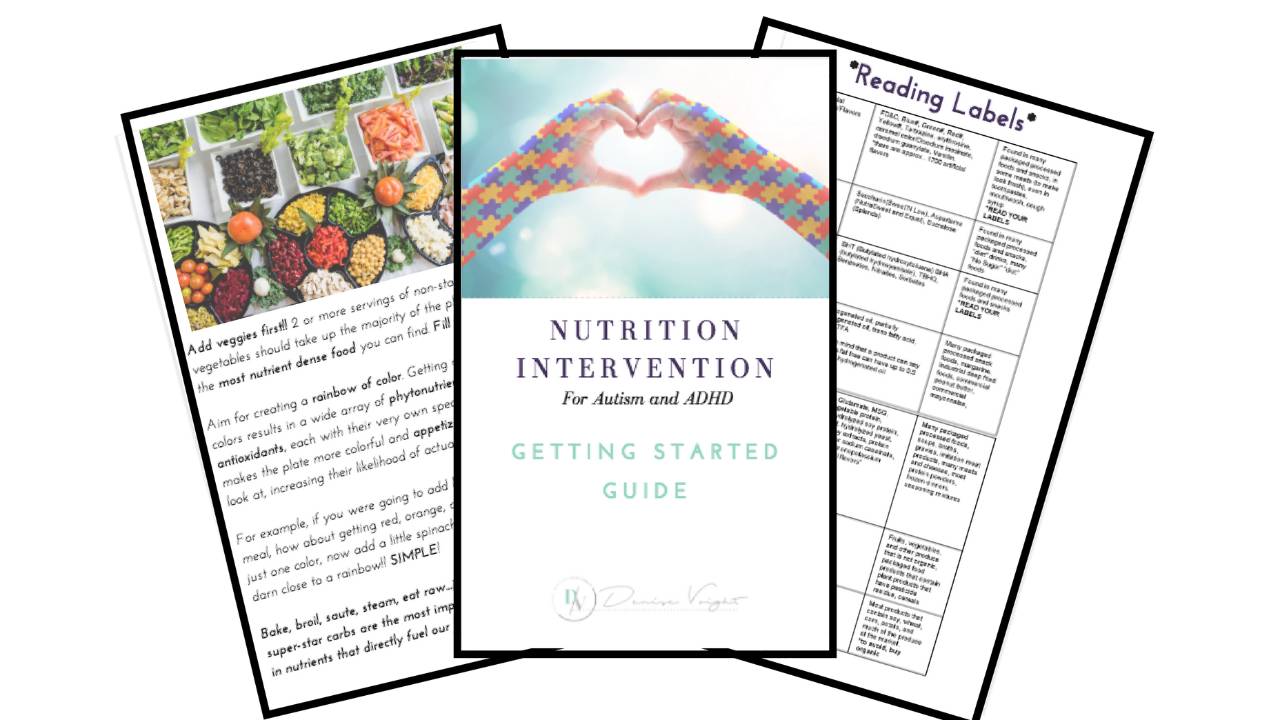Boost Your Child's Social Skills: Understanding Autism Social Cues

In the world of autism spectrum disorder (ASD), social cues can feel like a foreign language for many children. From avoiding eye contact to misinterpreting facial expressions, these challenges can impact daily interactions. But with the right support, you can help your child navigate these hurdles. This guide explores how children with autism process social cues, the effects of these difficulties, and practical tips—including nutrition and biochemistry insights—to foster better social skills. Focusing on functional medicine and nutrition to address the root causes can help your child thrive.
What Are Social Cues and How Do Children with Autism Process Them?
Social cues are the subtle signals we use to communicate, such as facial expressions, body language, tone of voice, and eye contact. For neurotypical children, these cues come naturally, helping them understand emotions and respond appropriately in conversations.
Children with autism often process these cues differently due to variations in brain wiring. For instance, the amygdala—the brain's emotion center—may respond less to social stimuli, making it harder to interpret intentions or feelings. This can lead to literal interpretations of language or difficulty with sarcasm.
From a body chemistry perspective, imbalances in neurotransmitters like dopamine and serotonin can exacerbate these issues. Nutrient deficiencies, such as low omega-3 fatty acids, which are crucial for brain cell communication, may contribute to these processing differences. Research shows that children with ASD often have lower levels of these essential fats, affecting neural pathways involved in social cognition.
The Impact of Social Cue Difficulties in Autism
Difficulties with social cues can have wide-reaching effects on a child's life. Avoiding eye contact, for example, might be a coping mechanism for sensory overload but can be misinterpreted as disinterest by peers, leading to social isolation.
Other impacts include:
- Emotional Misunderstandings: Struggling to read facial expressions can cause confusion in friendships or family interactions.
- Behavioral Challenges: Misinterpreting cues might result in unexpected reactions, like frustration or withdrawal.
- Academic and Daily Struggles: In school, missing nonverbal hints from teachers can affect learning and group activities.
Biochemically, chronic stress from these challenges can increase cortisol levels, disrupting gut-brain connections and worsening symptoms. Poor nutrition, like diets low in antioxidants, can heighten oxidative stress in the brain, further impairing social processing areas.
The Biochemistry Behind Social Skills in Autism: A Functional Medicine View
Social cue processing relies on healthy brain function, influenced by biochemistry. In ASD, genetic and environmental factors can lead to imbalances:
- Nutrient Deficiencies: Low levels of omega-3s (DHA/EPA) affect myelin sheaths, slowing signal transmission in social brain regions. Vitamin D deficiency is linked to dopamine dysregulation, impacting motivation for social engagement.
- Gut-Brain Axis: Up to 70% of children with ASD have gut issues, affecting serotonin production (90% made in the gut), which regulates mood and social behavior.
- Oxidative Stress and Inflammation: High oxidative stress can damage neurons involved in empathy and cue recognition. Antioxidants like glutathione are often low in ASD.
Functional medicine addresses these by optimizing nutrition to support biochemistry, potentially improving social skills.
Practical Tips to Foster Social Skills in Children with Autism
Combining psychological strategies with nutritional support can make a big difference. Here are evidence-based tips:
Psychological and Behavioral Tips
- Practice Eye Contact Gradually: Use fun games like "staring contests" with rewards to build comfort without pressure.
- Role-Playing: Act out social scenarios to teach cue recognition, starting with simple expressions like happy or sad.
- Social Stories: Create personalized stories explaining cues, like "When someone smiles, they might be friendly."
- Structured Social Groups: Enroll in autism-friendly playgroups to practice skills in a safe setting.
Nutrition and Biochemistry Tips
Functional medicine often looks to nutritional supplementation to fill gaps in nutrition:
- Omega-3 Rich Foods: Include fatty fish, flaxseeds, or supplements to support brain pathways for social processing. My Spectrum Heroes Omega-3 Supplement can help bridge gaps.
- Probiotic Foods for Gut Health: Yogurt or fermented foods improve the gut-brain axis, potentially enhancing emotional regulation. Try Probiotic Essentials.
- Antioxidant-Boosting Diet: Berries, greens, and nuts combat oxidative stress. Supplement with Vitamin C or Super Fruit & Veggies Powder for cellular protection.
- Avoid Triggers: Reduce processed foods that may exacerbate inflammation, opting for anti-inflammatory diets outlined in our Nutrition Intervention for Autism and ADHD Online Program.
Enroll in the Nutrition Intervention for Autism and ADHD Online Program today for customized plans that tie nutrition to social development—many parents see improvements in cue recognition after optimizing biochemistry!
Conclusion: Empower Your Child’s Social Journey
Understanding autism social cues is key to helping your child build meaningful connections. By addressing both psychological and biochemical factors, you can foster growth. This is how a functional medicine approach emphasizes nutrition's role in supporting social skills.
Take our Child Autism Traits Quiz to assess your child’s needs, or explore our supplements and programs for targeted support. Remember, every child is unique—consult a healthcare professional for personalized guidance. Let's boost those social skills together!
